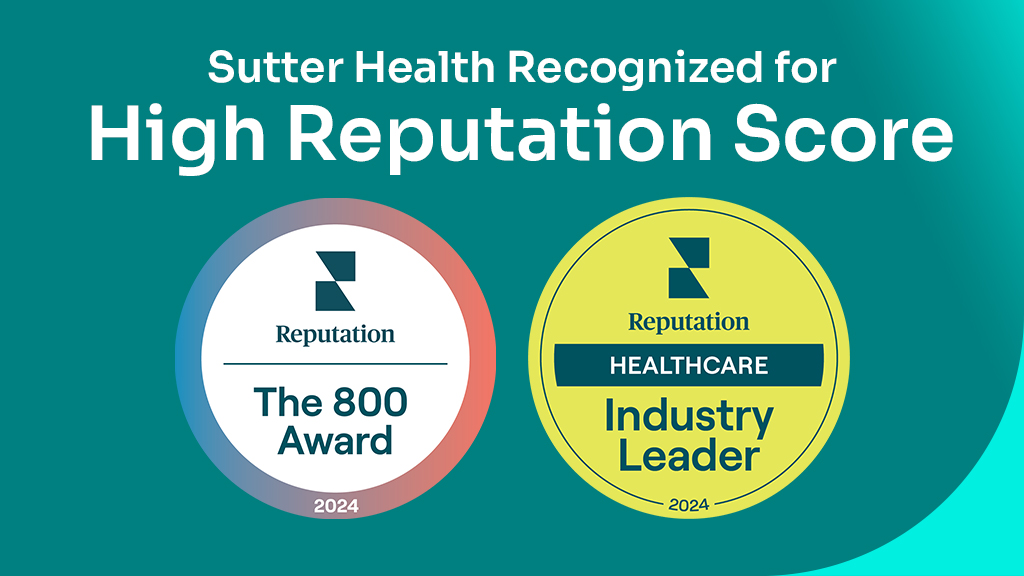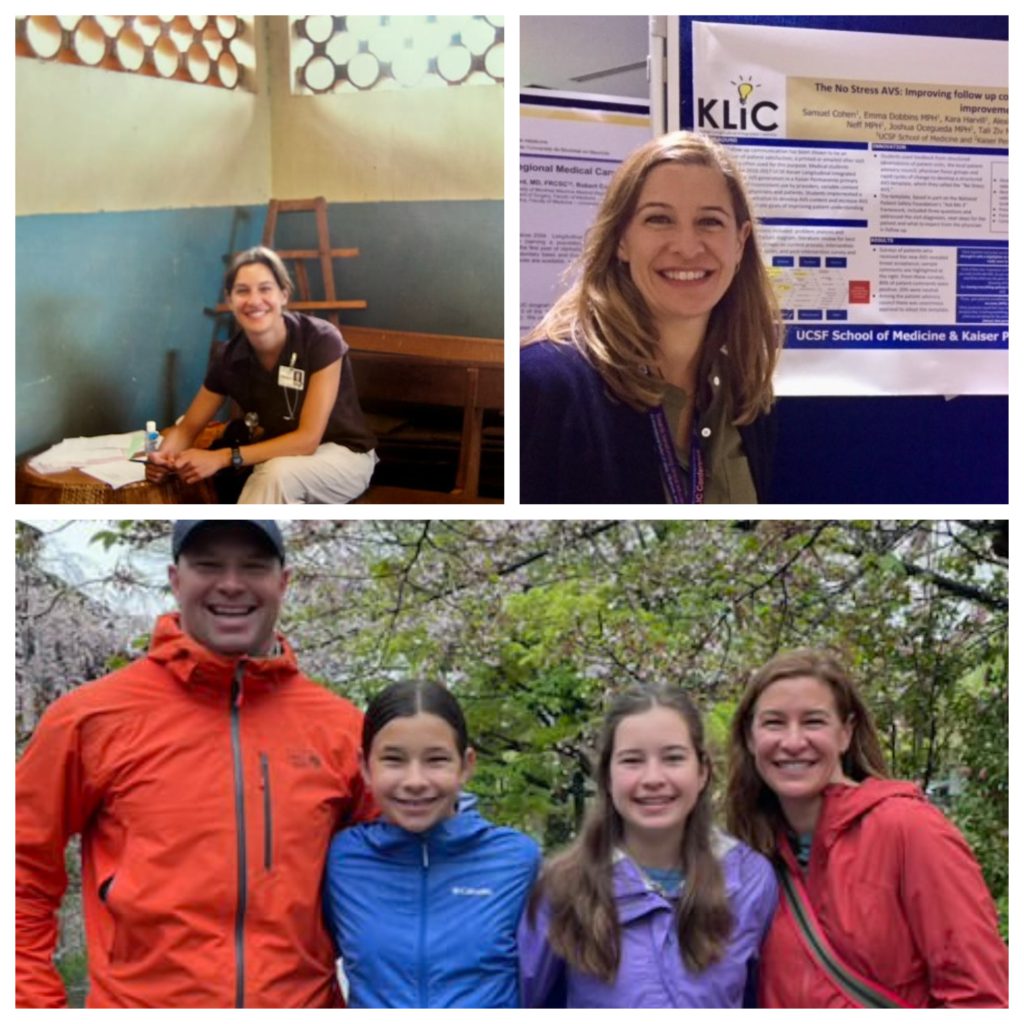According to recent data reported by the Kaiser Family Foundation, more than 8 million Californians live in areas where there’s a shortage of primary care clinicians. For patients, a short supply of doctors can mean waiting months for appointments and more trips to urgent care for chronic conditions.
To address the statewide shortage, researchers recommend adding 1,343 practitioners over the next several years. To help meet this dilemma, Sutter Health has charted a clear course for success: train more physicians and retain them to lead the care teams of the future.
In line with this strategy, Sutter has learned that a new residency program received national graduate medical education accreditation, bringing its total to 17 accredited programs. Sutter’s Alta Bates Summit Medical Center’s internal medicine program is the latest to join the ranks.
“We want to expand our graduate medical education footprint to train and graduate 900 resident and fellow physicians by 2030 and this news is reinforcement that we’re headed in the right direction,” says Leon Clark, chief academic affairs officer for Sutter Health.
The internal medicine program marks Sutter’s first accredited program in the East Bay. The program will start next summer.
This new program is poised to address critical shortages areas in the healthcare workforce, aligning with Sutter’s mission to meet the escalating healthcare demands of the many communities it serves.
“Our graduate medical education program transforms 23 hospital campuses and hundreds of outpatient care centers into dynamic learning hubs. Here, we nurture the next generation of caregivers, equipping them to deliver advanced, compassionate, evidence-based care,” Clark says.
Sutter Health President and CEO Warner Thomas says it’s no secret that Sutter has actually had more patient requests than it could handle. When he joined the organization late last year, turning that tide became one of his highest priorities.
“We need to grow our medical groups and increase the number of community physicians and advanced practice clinicians available to see Sutter patients,” Thomas says. “Now there is certainly more demand than supply across the country, which is why I believe the solution must be to train our way out of this shortage and build a pipeline of clinicians that will keep producing new care team leaders today and into the future.”
Residents and fellows at Sutter train in specialty programs that include internal medicine, surgery, family medicine, psychiatry, cardiology, hematology/oncology, gastroenterology, neurocritical care, pulmonary and critical care, transplant nephrology and more.
Clark underscores Sutter’s unwavering commitment to diversity explaining, “We passionately support an inclusive environment that actively seeks diverse clinicians to care for diverse patient populations in both urban and rural communities.” He points out that Sutter’s 2023 class of 86 residents was 66% ethnically diverse.
To explore Sutter’s Graduate Medical Education program further, visit www.SutterMD.com/education.





